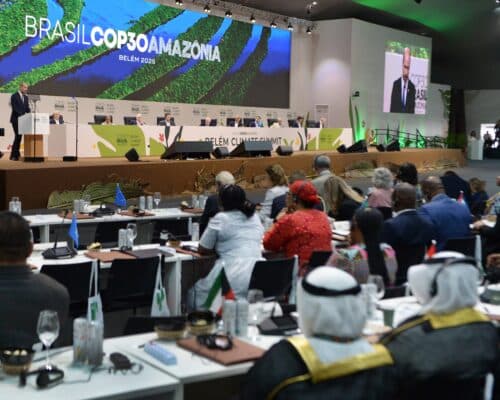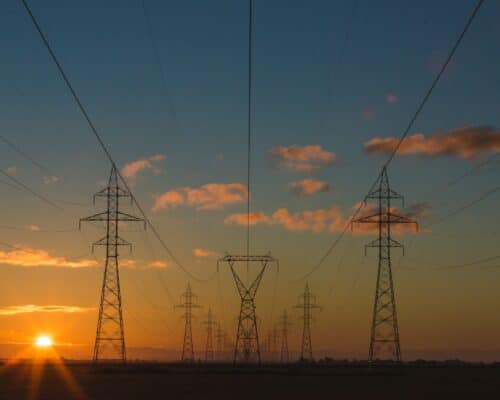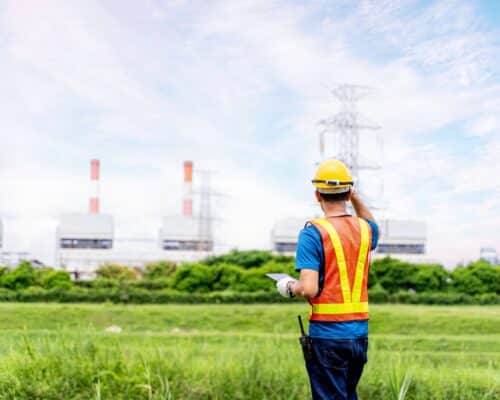Articles
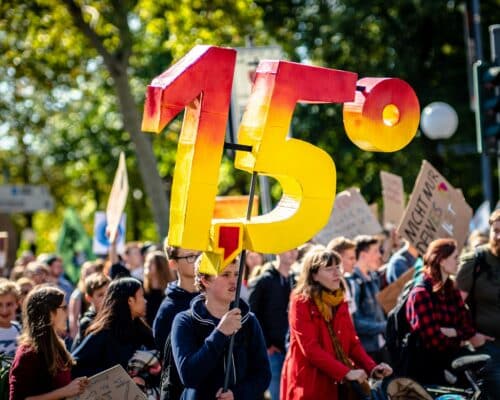
Climate Governance at an All-time High But Challenges Remain
Analysing the progress made in the decade after the Paris Agreement, DDP experts find that climate governance has put us on the right trajectory. However, a lot of work is left, and countries need to scale and accelerate their efforts to avoid the worst impacts of the climate crisis and unlock economic growth and resilience along the way.

UBS Quits the Net-Zero Banking Alliance: The Consequences
The mass exodus of UBS and other leading banks from the NZBA has made the coalition a thing of the past, sending a clear signal to the market that climate change has become even less of a priority for financial institutions. For Southeast Asia, one of the most climate-vulnerable regions and a hotspot for fossil fuel expansion, this outlook leaves little room for optimism.
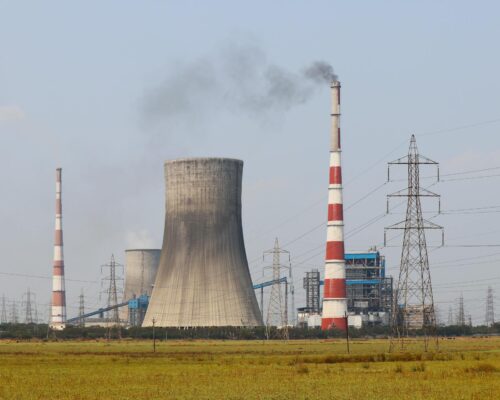
CREA: Indonesia’s RUPTL Plan Puts Fossil Fuels First, Renewable Energy Later
According to CREA, Indonesia’s RUPTL 2025-2034 reveals major discontent between the ambitious climate pledges and public commitments of the country’s leadership and the real plans, which see a projected growth and a pivotal role for fossil fuels.

The 2025 APEC Meeting: Opportunity For South Korea to Step Up
The sluggish global emissions reduction progress and the worsening climate emergency necessitate all hands on deck. South Korea, which has historically been among the biggest climate laggards, can change course and help lead Asia towards a cleaner and more sustainable future.
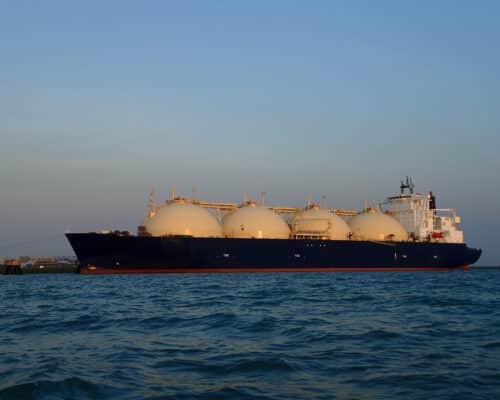
Natural Gas in Australia: A Shrinking Role in a Renewable Era
Australia’s looming gas shortage and the push to expand LNG exports risk locking in a fossil-fuel-heavy path just as renewables and storage capacity rise. A renewables-led transition, supported by grid modernisation and strategic storage, offers a lower-cost, more secure path to energy independence and climate goals. Policymakers face a defining choice: double down on gas or accelerate a diversified, zero-emissions future.

Banking Indonesia Away From Coal [Op-Ed]
Indonesia’s financial sector faces a pivotal test as coal demand wanes from China and India, forcing banks to reassess risk and accelerate a credible transition toward renewables. Without binding governance and disciplined ESG integration, lenders risk stranded assets and eroding resilience in a decarbonising global economy. A transition that shifts capital toward clean energy and storage is essential to safeguard Indonesia’s climate goals and financial stability.
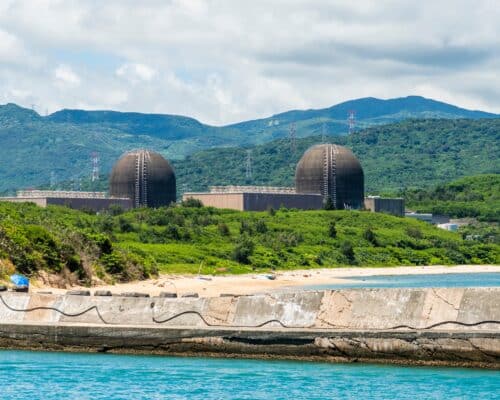
After Nuclear, Renewables Can Power an Energy-secure Taiwan
Taiwan faces a pivotal energy crossroads: accelerating LNG imports may shore up near-term supply, but risk security vulnerabilities and conflict with long-term climate goals. With renewables and storage expanding, a clear, long-term plan is essential to reduce dependency on gas, cut carbon, and strengthen energy resilience against geopolitical risks. A diversified, renewables-forward blueprint could safeguard both energy security and climate commitments.

Trump’s Environmental Policy: Is “Climate Change the Greatest Con Job Ever”?
While Trump's climate policy rollbacks have destabilised global efforts, they are also accelerating a power shift, paving the way for Asian nations to emerge as the world's new climate leaders.
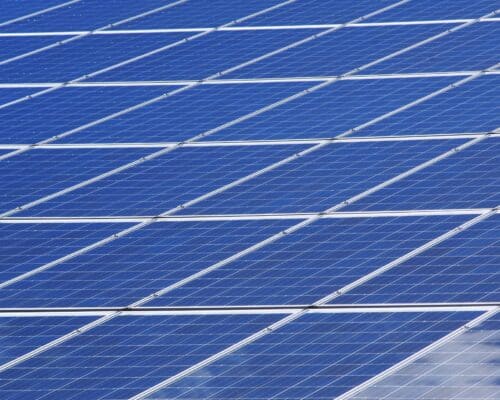
BNEF: Renewables Are Becoming Cheaper than Natural Gas in Southeast Asia
Despite the better economics, improved energy security and accelerated climate action that renewables guarantee, Southeast Asian nations plan for massive gas investments. Changing course requires political ambition for weaning energy systems off fossil fuels, pledging more ambitious climate targets and supporting clean energy developers.
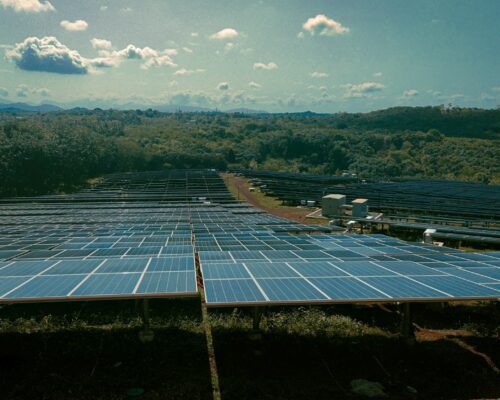
China’s Green Manufacturing Industry Brings Massive Investments to 54 Countries
A new database reveals that a rapid acceleration in overseas investment by Chinese green technology manufacturers is reshaping the global clean-tech landscape and bringing economic benefits to over 50 countries worldwide, with ASEAN attracting the most capital.

Where There is a Will, There is Collaboration [Op-Ed]
As climate risk grows, a clear, collaborative climate agenda from major economies is essential. China’s rapid scale-up of clean energy, India’s accelerating non-fossil power share, and Brazil’s leadership on forests, alongside EU ambitions, point to a multipolar path forward. The question is whether financing and resilient, demand-driven cooperation can unlock the trillions needed to protect vulnerable populations and sustain global supply chains in a changing geopolitical landscape.
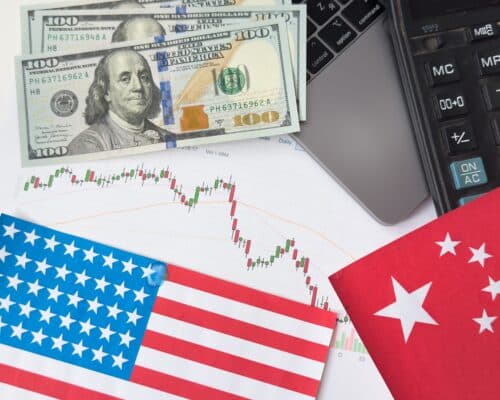
How Trump’s Tariffs Are Rewriting Asia’s Clean Energy Future
US tariffs on Asian imports are rippling through the region, destabilising solar supply chains, reshaping energy policies and prompting a regional realignment as countries seek to shield their markets. With duties ranging from 10% to 50% and soaring solar tariffs in Southeast Asia, analysts warn of supply gluts, factory closures and mounting cost pressures as many Asian governments push for a faster transition to renewables. The policy moves risk locking in costly infrastructure. The tariffs could accelerate a regional pivot toward homegrown solar and regional trade cooperation, even as critics say the costs will fall hardest on consumers and climate goals.
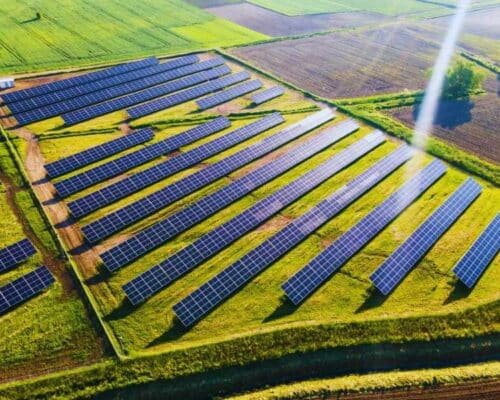
Foreign Direct Investment in Bangladesh: The Economic Impact
Bangladesh’s foreign direct investment in power and energy has entrenched fossil fuels, leaving renewables a mere 3% of electricity and worsening energy poverty and overcapacity. Policy hurdles, land conflicts and biased incentives have stalled a green transition, heightening economic and development risks.
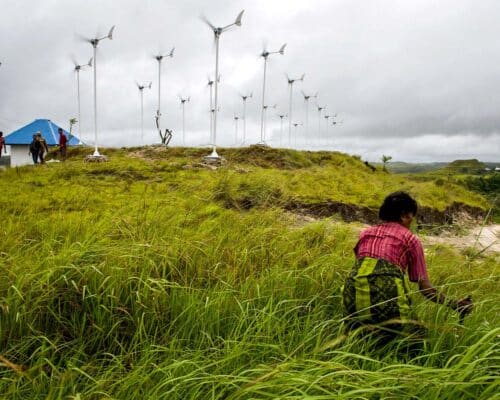
Floating Wind Farms: Indonesia’s Deepwater Bet Against Coal
Indonesia remains locked into fossil fuel dependency, even as Jakarta talks about the need for more renewable energy to cut power sector emissions. Floating offshore wind power is the answer that policy makers and energy companies have been looking for. However, it will take political self-will and determination to make the pivot.
Most Popular
Most Popular
Categories
-
10
-
34
-
126
-
4
-
17
-
46
-
52
-
11
-
15
-
10
-
24
-
6
-
3
-
6
-
276
-
199
-
17
-
24
-
1
-
1
-
23
-
39
-
44
-
87
-
18
-
86
-
41
-
17
-
10
-
43
-
48
-
86
-
292
-
21
-
44
-
36
-
10
-
42
-
36

